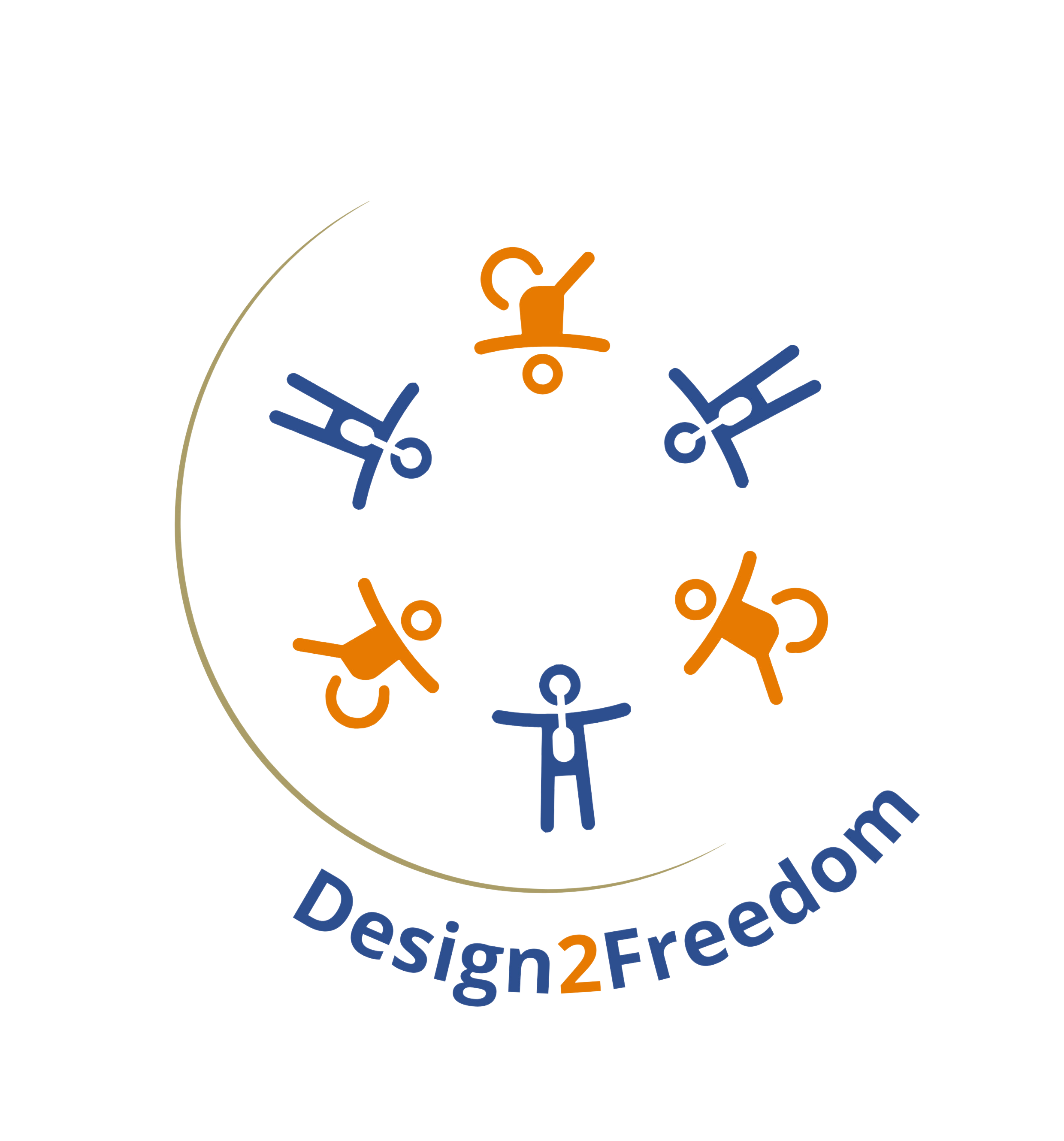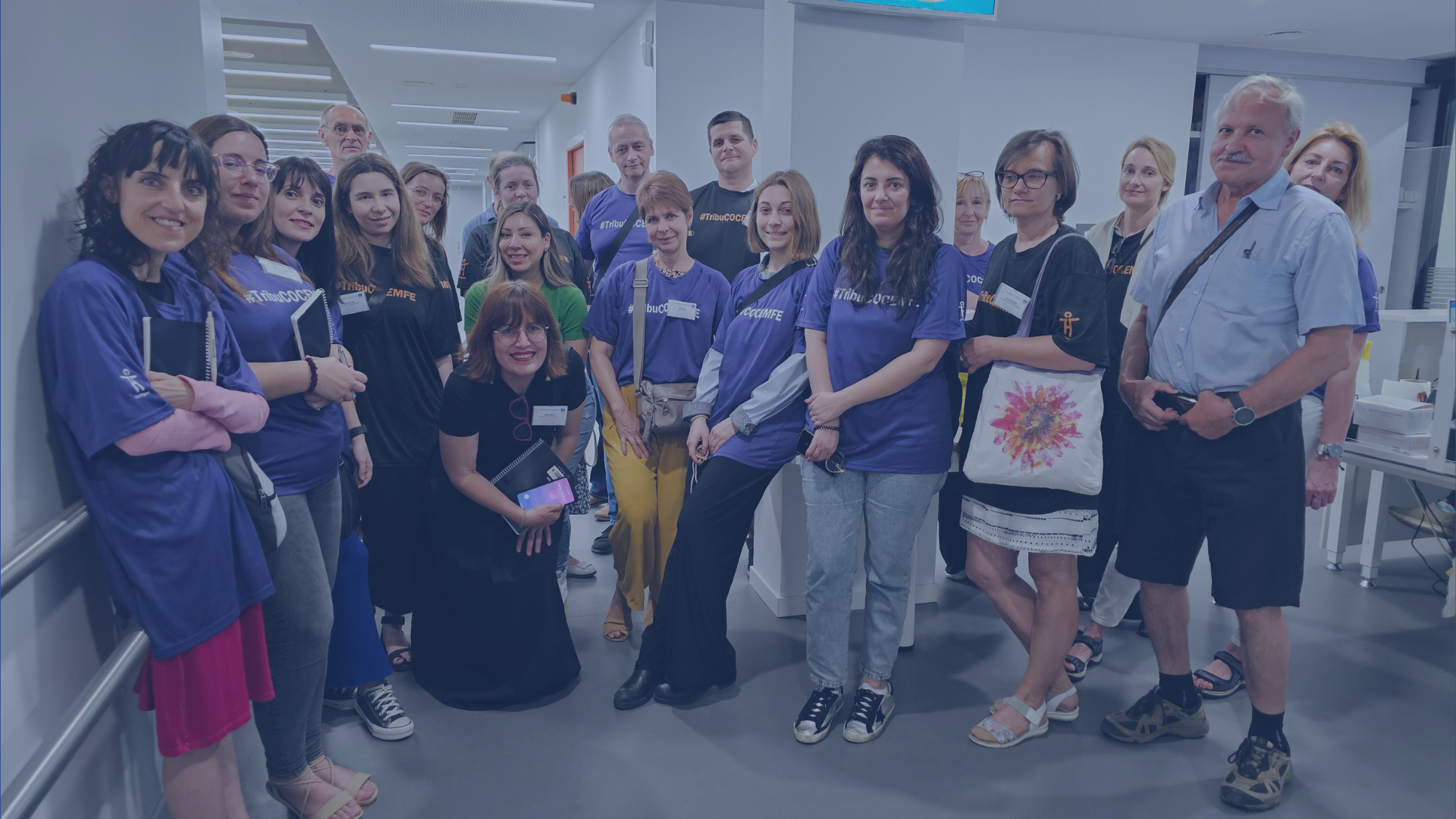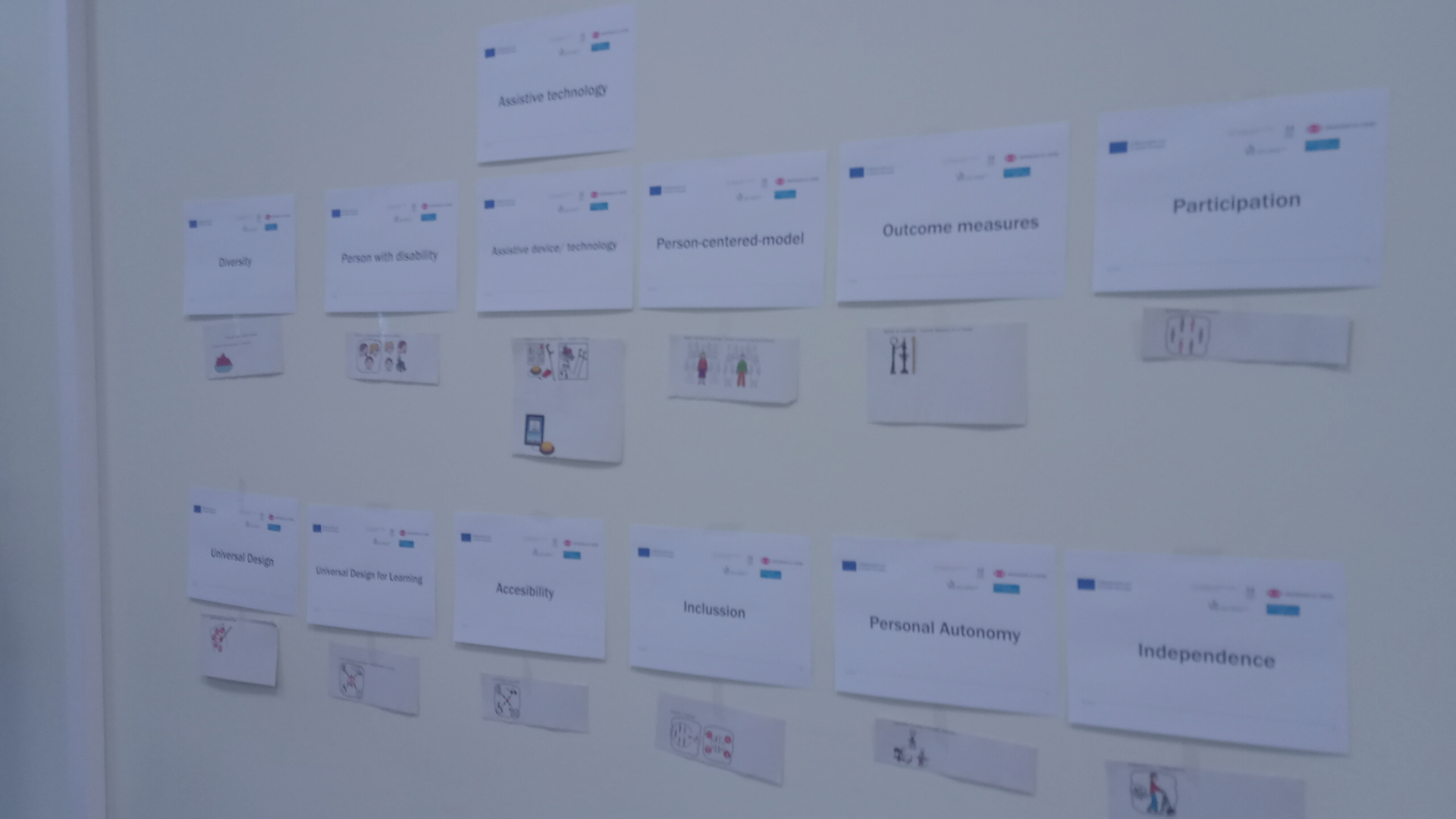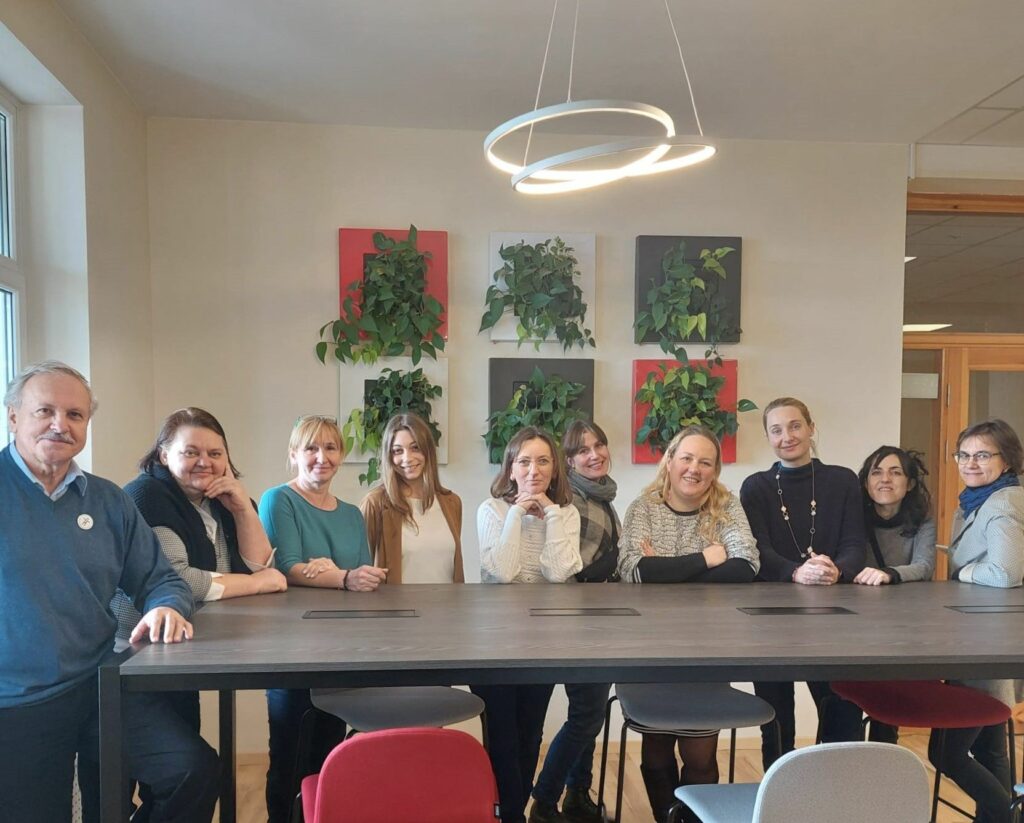The Design2Freedom Project’s Inaugural Training
Empowering Inclusive Education through Person-Centered Design
In a significant step towards promoting inclusive education, the first transnational meeting and training of the Erasmus Plus-funded project, “Design2Freedom: Promoting Person-Centred Design Applied to Disability in Higher Education,” took place from May 29 to 31, 2024, in Madrid. The event brought together 25 participants from five entities, aiming to enhance the incorporation of Person-Centred Design (PCD) in higher education.
Event Highlights
The event’s agenda included activities designed to foster learning and collaboration among partners’ representatives and associates:
Person-Centered Model Exploration: The participants visited the COCEMFE Foundation Residence, where they engaged in insightful discussions with the social worker, residents, and volunteer staff with disabilities. This session highlighted practical applications of PCD.
Breaking Stereotypes and Myths: An engaging game focused on debunking myths and stereotypes about women with disabilities. This was followed by an inspiring session featuring a university woman with disabilities, who shared her experiences and challenges, providing a real-world perspective on the issues discussed.
Workshops about Design Thinking: Participants took part in workshops focused on design thinking principles, encouraging creative problem-solving and innovation in developing inclusive products for people with disabilities.
Workshops about Inclusive Teaching Methods: The event included workshops on inclusive teaching methods, aimed at equipping educators with the tools and strategies to create more accessible and supportive learning environments for all students.
Technical Workshops on Inclusive Design with 3D Printer: Hands-on technical workshops were conducted on inclusive design using 3D printers. Participants learned how to leverage 3D printing technology to create assistive devices tailored to the needs of individuals with disabilities.
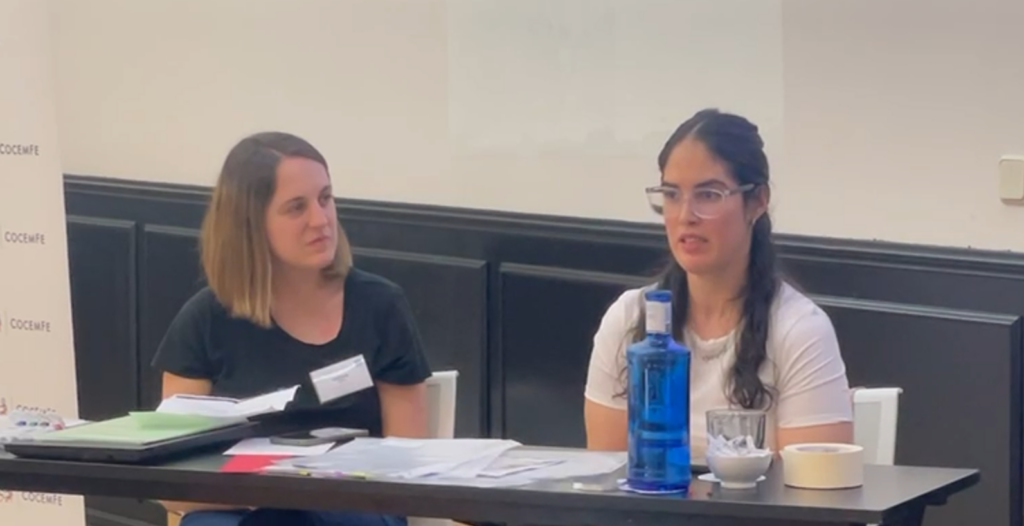
In preparation for the training session, participants completed an initial MOOC course available on the COCEMFE platform. This course provided a foundational understanding of Person-Centered Design (PCD) principles, equipping participants with preliminary knowledge essential for the hands-on activities and discussions during the event.
Outcomes and Future Prospects
Thanks to this training session, the Design2Freedom project is now closer to achieving its main objective. Participants gained valuable insights and practical knowledge that will enable them to promote the incorporation of PCD in higher education more effectively. This, in turn, will foster a more inclusive learning environment for students with disabilities.
